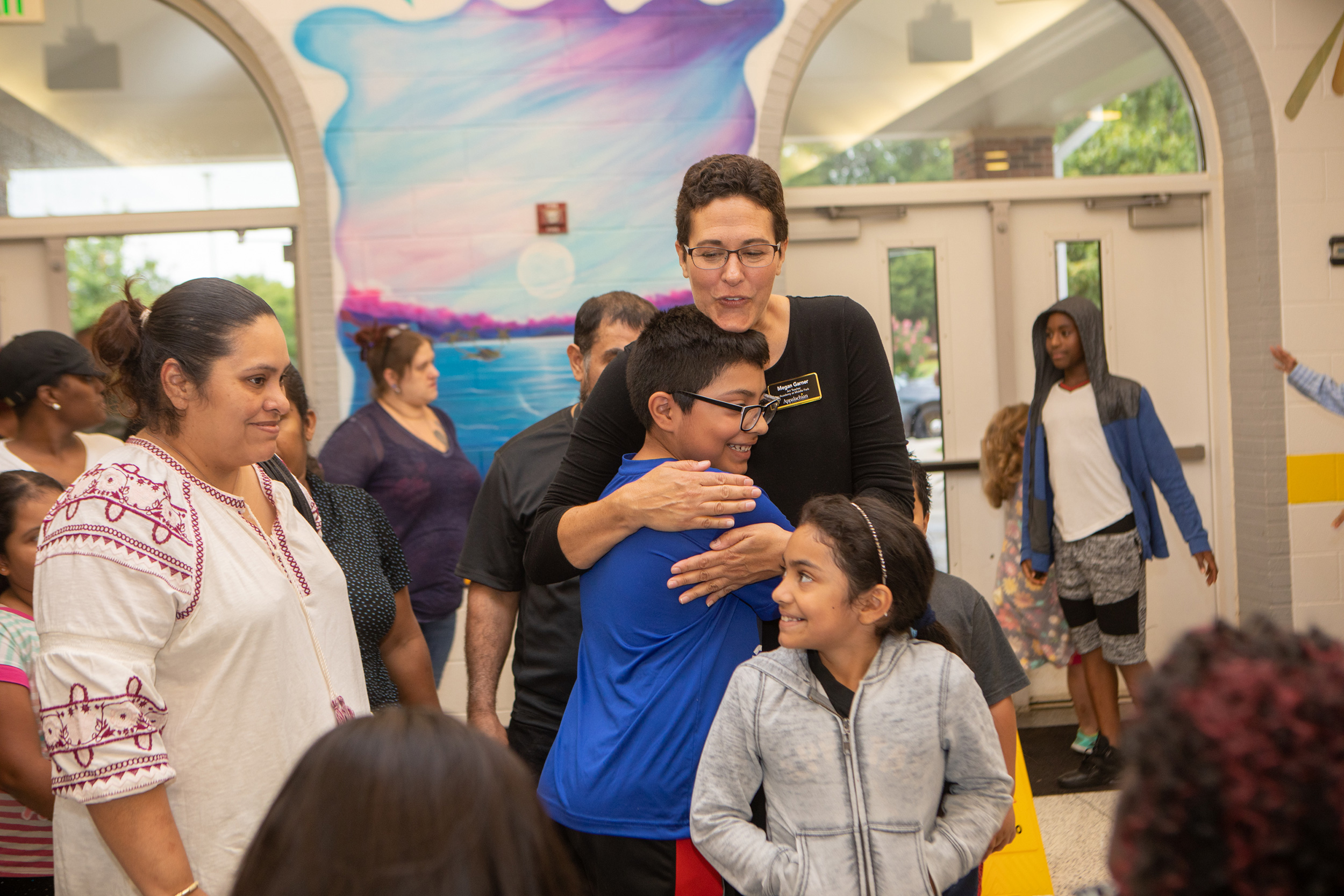Handbook and Policies
At the Academy at Middle Fork, we are committed to maintaining a safe, supportive, and engaging learning environment for all students. Our handbook and policies outline the expectations, procedures, and guidelines that help ensure a positive school experience. This resource provides families with important information about school operations, student conduct, and academic policies. We encourage you to review these guidelines to stay informed and support your child’s success.
Handbook for Parents, Students, and Visitors
The handbook is a comprehensive guide to school expectations and procedures designed to support student success and a positive learning environment. View the 2025-26 Handbook for Parents, Students, and Visitors.
Policy Manual
School policies are essential guidelines and procedures that ensure a safe, supportive, and structured learning environment for all students. View our complete policy manual.
